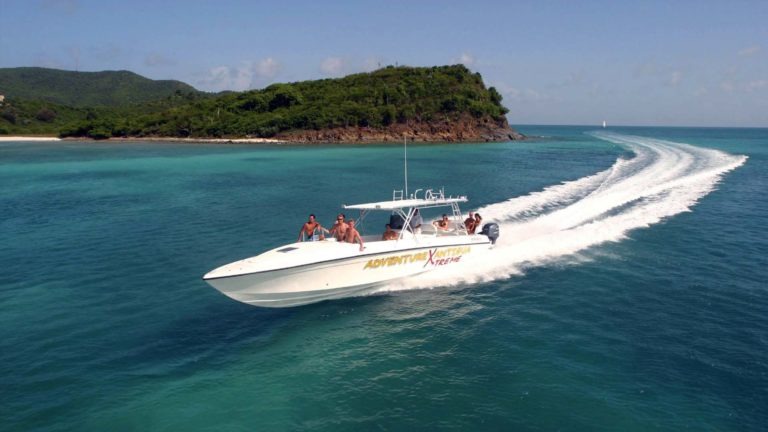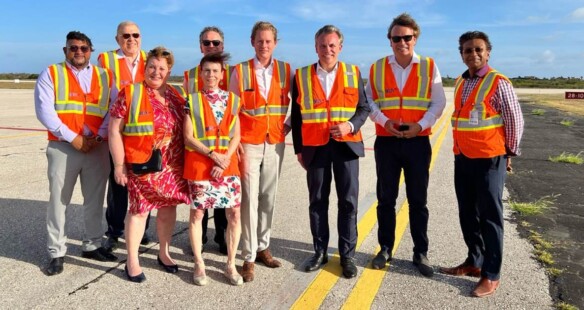According to IMF Antigua and Barbuda’s economy is on a steady path of recovery

WASHINGTON, DC- An International Monetary Fund (IMF) team, led by Mr. Varapat Chensavasdijai, met virtually with the authorities of Antigua and Barbuda during February 7–11, 2022 to discuss recent economic developments and policy priorities.
“Antigua and Barbuda’s economy is rebounding from the COVID-19 pandemic. Real GDP growth is estimated at 4.8 percent in 2021, following a sharp contraction of 20.2 percent in 2020. A sustained recovery in tourism and construction activity is expected to underpin real output growth of 7 percent in 2022. Two-thirds of the population have been fully vaccinated, which is among the highest rates in the Caribbean. However, a prolonged pandemic (e.g., due to the emergence of new virus variants) and supply chain disruptions could put a drag on the recovery at the same time as wage and price pressures build” states Chensavasdijai.
Fiscal consolidation
Chensavasdijai also notes that the government seems determined to meet the targets under its medium-term fiscal strategy to bring public debt-to-GDP to under 70 percent by 2030. “Despite the pandemic, fiscal consolidation resumed in 2021 and the primary deficit narrowed to 1.8 percent of GDP (from 3.8 percent in 2020) reflecting domestic revenue mobilization, external grants, and the reprioritization of spending. The 2022 budget envisages a zero primary balance, with an ambitious capital spending plan financed by higher revenues, grants and borrowing”.
The IMF official does point out that the uncertain revenue outlook underscores the need to streamline tax exemptions, strengthen tax compliance, and fully implement tax and customs administration reforms.
Credit growth low
There are also some critical not. The IMF notes that while the financial sector is showing signs of recovery and banks are well-capitalized and liquid, credit growth has been slow, particularly to the household sector.
Also, the country continues to be highly susceptible to climate change and natural disasters, and continues to face structural challenges related to the high costs of reconstruction from Hurricane Irma and limited access to affordable home insurance against disasters.













